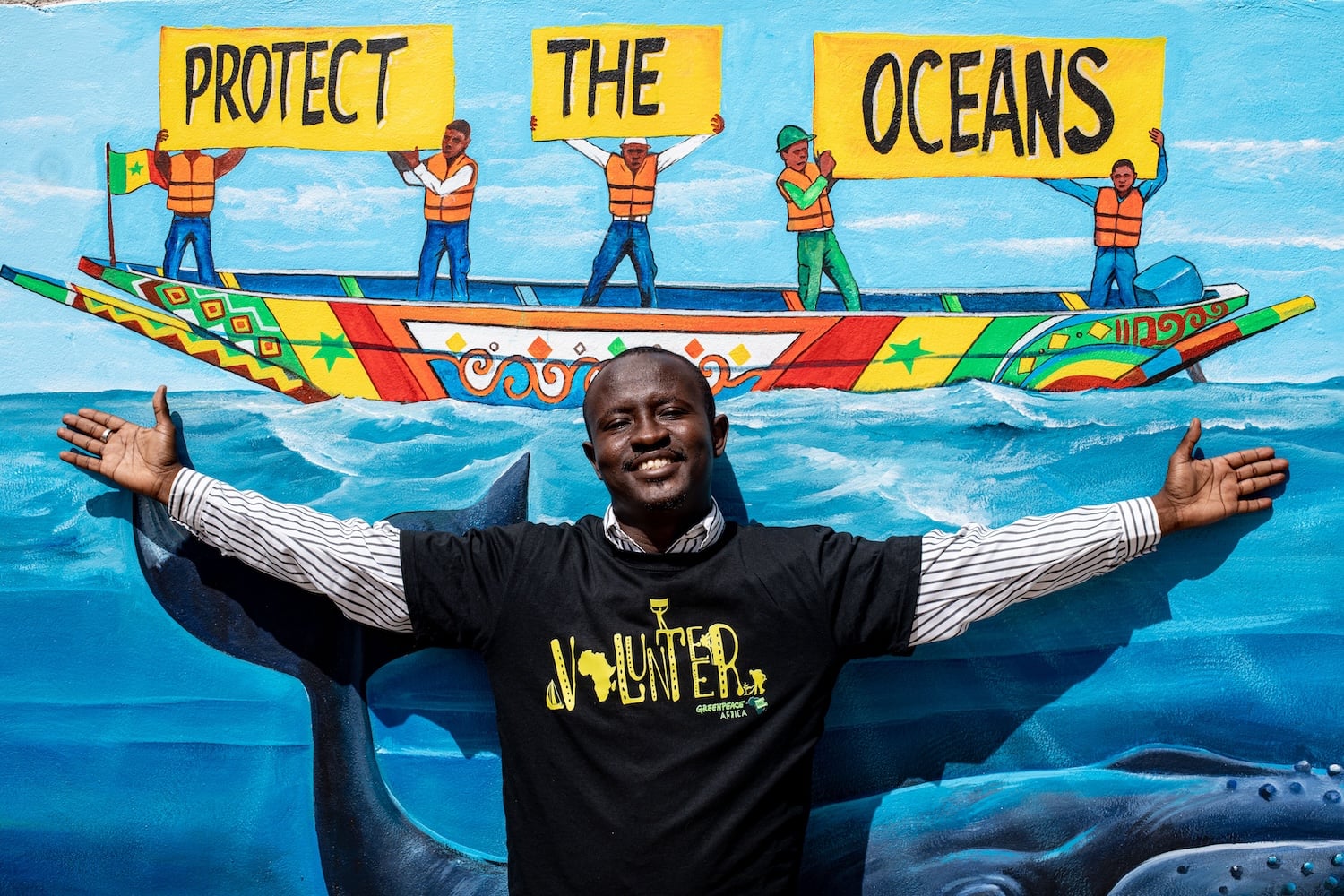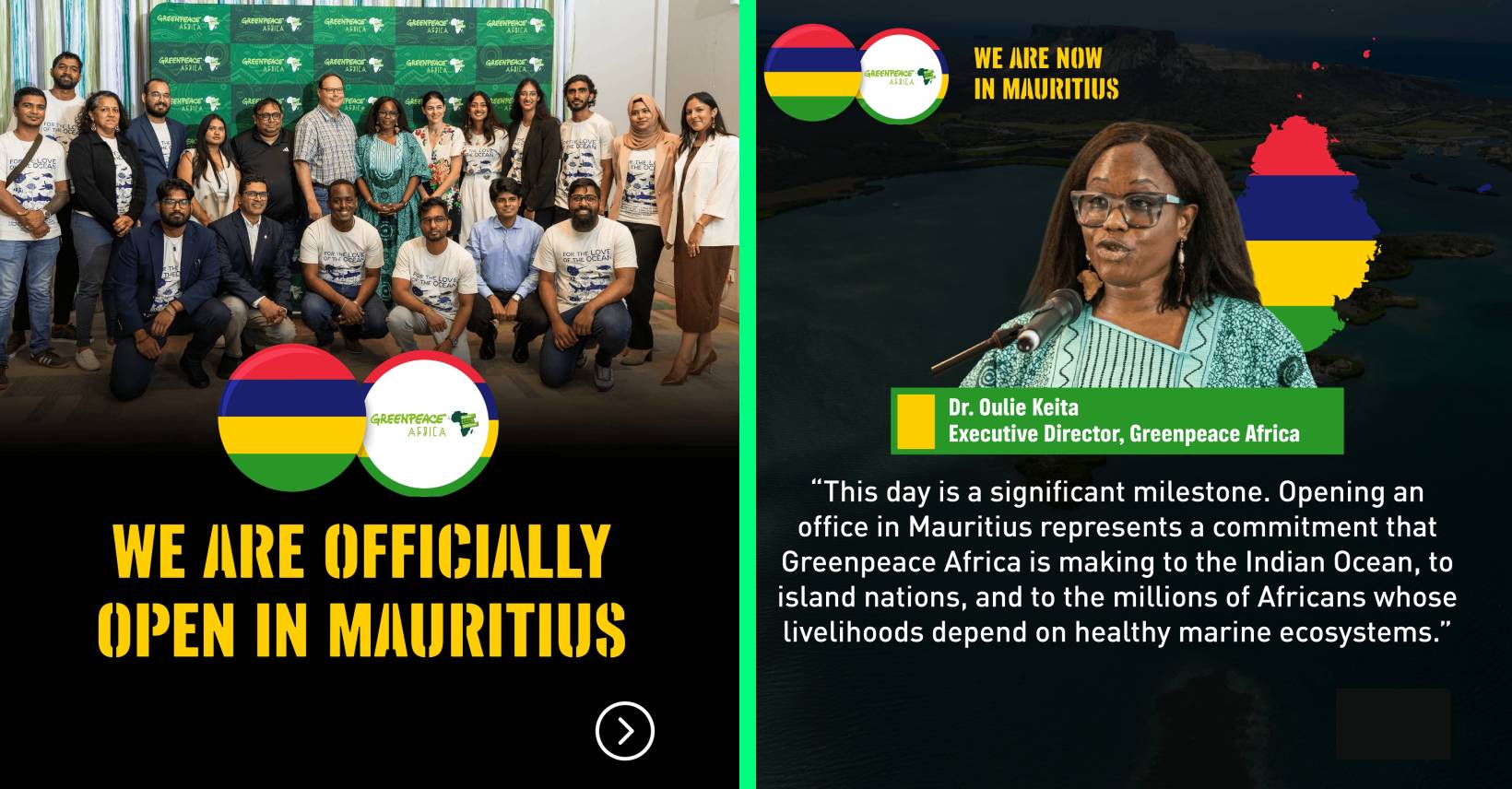Yesterday, the International Court of Justice (ICJ) delivered a decision that will be remembered as a turning point in the global fight for climate justice. The Court’s advisory opinion confirms what millions of people across Africa and the Global South have been saying for years: the climate crisis is a human rights crisis, and the responsibility to act lies squarely with states and corporations.
This ruling is more than legal theory. It is a declaration of accountability. It affirms that protecting the environment is not a matter of political convenience or goodwill. It is a binding obligation under international law. Governments are not free to ignore the growing suffering caused by rising temperatures, poisoned air, vanishing forests, and failed harvests. Nor can companies continue profiting from destruction without consequence.
While the ICJ’s advisory opinion is not legally binding, it carries significant legal weight. This opinion can set the basis for national litigations, shape international negotiations, and serve as a powerful tool for communities and countries seeking climate justice.
For communities across Africa, this is more than a symbolic victory. This is a recognition of truth, of loss, of courage, and of an unshakable demand for justice. From coastal towns facing sea level rise to farmers watching their lands dry up, people across this continent are living proof of the costs of climate inaction. Yesterday, the world’s highest court made it clear: those responsible must be held to account.
The Court’s opinion highlights several key obligations:
- States have a duty to prevent significant harm to the environment.
- Governments must regulate corporate actors whose emissions cause transboundary harm.
- Climate obligations must be interpreted through the lens of intergenerational equity and human rights.
- Reparations are not optional. They must include compensation for loss and damage and cessation of harmful activities.
This ruling breathes new life into the pursuit of climate justice, including in Africa. It will inspire and empower communities to pursue legal action, challenge environmental harm, and demand that fossil fuel interests no longer dictate the future of our people.
It also has powerful implications for climate diplomacy. For years, international negotiations have treated climate finance, particularly support for loss and damage, as voluntary or philanthropic. The ICJ has shifted that paradigm. Financial responsibility is now affirmed as a legal duty. Those most responsible for the crisis must contribute to the recovery and resilience of those most affected.The world’s wealthiest and most polluting countries must step up, not as donors, but as debtors.
Greenpeace Africa sees this ruling as a moment of enormous possibility, a doorway to a new chapter in the climate movement. It is the legal foundation on which communities, movements, and governments can now stand with greater strength and confidence.
We urge African leaders to rise to the occasion. Align national policies with this new standard. Phase out fossil fuel expansion. Center the protection of Indigenous rights and ecosystems, and push for strong accountability mechanisms at COP30 and beyond.
We call on corporations to end the era of denial and delay. There is no longer legal cover for harmful operations. The world’s highest court has spoken and the message is clear: you cannot profit from destruction and expect immunity.
And to citizens across Africa, this ruling belongs to you. It affirms that your fight is legitimate, your suffering is acknowledged, and your right to a livable future is protected under law. The court may sit in The Hague, but this ruling echoes in every village, city, and movement fighting for a better world.
Justice has spoken. Now it’s time to act.



